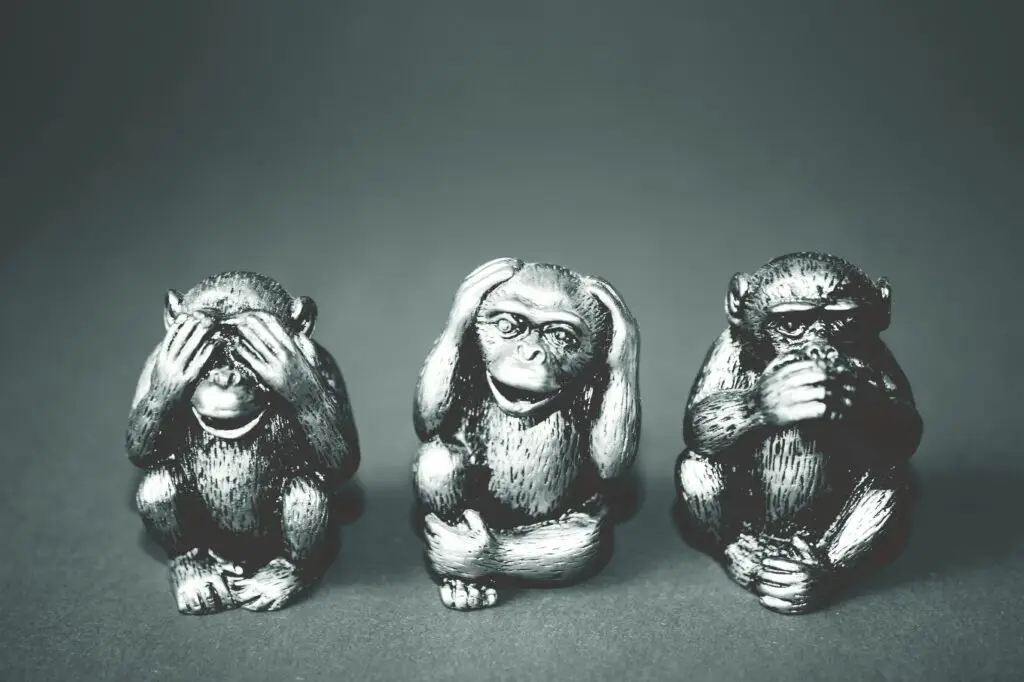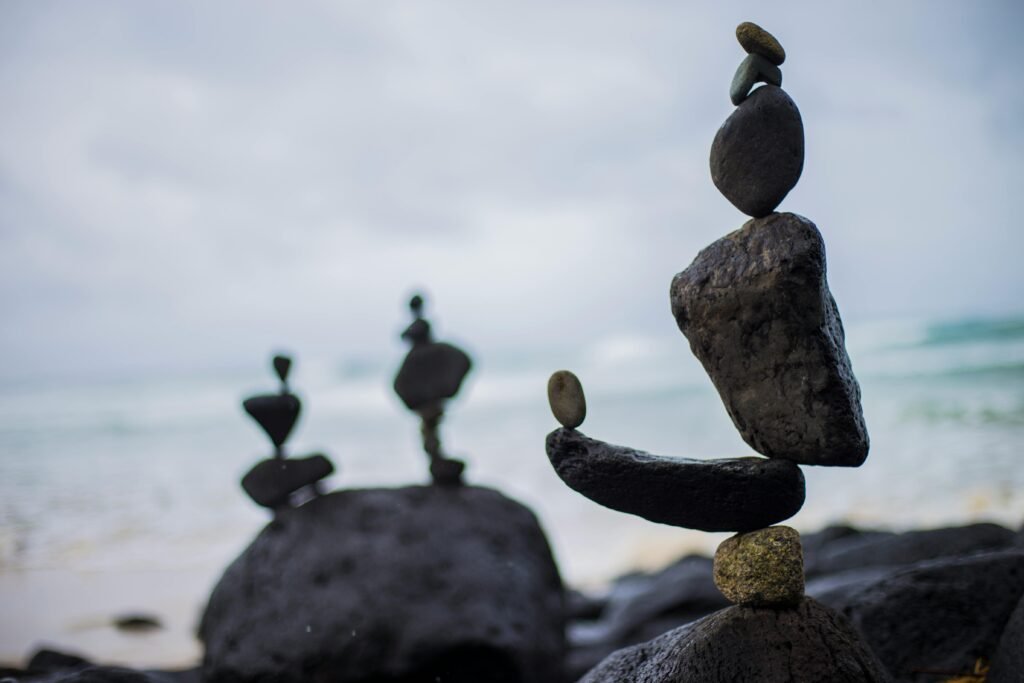I would like to share a philosophy that I live by. I call it Saticlysm. It is a combination of philosophies and theories that I have joined in order to lead a fulfilling and rewarding life. Saticlysm is a combination of the word Sati—a Buddhist state of awareness and / or skillful attentiveness—and Cataclysm, a sudden event that produces great change.
Positive Saticlysmic Event Triggers
A state of subjective and situational mindfulness can, directly and indirectly, much akin to The Chaos Theory. I feel you can alter the outcome of not only your state of being through actions, both active and inactive (mindfulness), but also the state of others. Essentially, your actions can, and will, affect the outcome and therefore the lives of others. Only the first action, which I refer to as the initial Saticlysmic Event Trigger, can be observed. The goal of this philosophy is to be cognitively aware (mindful) of each and every interaction one has with another living being, so that the Event Trigger will be a positive one, and therefore have a higher probability that further events along the chain carry the same positivity that you transfer through the initial action.
You can directly affect the outcome of reality, and the state of another, by being subjectively and cognitively aware of your current state and of the outcome that your immediate response/action will have on another. Therefore, you are responsible but unaware of the event-chain that can lead to a notable positive outcome that you were responsible for, however unaware of.
As many doctors and philosophers agree, the lack of discovering one’s ‘purpose’ can lead to an increase in Anxiety. The very core of the Saticlysmic philosophy solves this dilemma as it reminds us of our importance and the role we play on this planet, either directly in our control or indirectly due to an event-chain that was triggered. Thus, in turn, it gives meaning to all existence at an unconscious level or purpose rather. Knowing that your existence, our your presence at any given time, will affect the event-chain that inevitably leads to a higher probability of a positive outcome instead of a negative one.
Defining Our Purpose
We all must give ourselves a reason for being to define or create our own destiny. To accept that your reason may not be an ‘event-moment’ (you become famous, successful, invent something that changes the world, etc.) that is directly under your active control, but rather indirectly through the event-chain, no matter how close or far the event occurred from the moment the event-chain was activated, will still lead to a life more fulfilled than one riddled with the disappointment of trying to control your own-event moment. This acceptance enables us to be more fulfilled by freeing ourselves from unobtainable, either directly or indirectly related, goals.
Aware that we are all equal parts in the universe and play equal roles in its development or destruction in relation to our cognitive ability to change individual outcomes one event-moment at a time, we must be mindful of every action and reaction of a cognitive event-chain (action happening in direct response and fully under one’s control). Every action or reaction starts an event-chain as well as an event-moment. Event-moments are only cognitively acknowledged due to their importance, as agreed upon by whatever predetermined factor is needed to make the event memorable. The event-chain continues whether we notice the event and apply a memorable label or it remains unnoticed, allowing the chain to evolve naturally.
Event-Chains
The event-chain can theoretically end if all events are contained in a plane of reality that is under our control, and life ceases to exist within an area where events cannot escape, i.e., earth and our solar system. However, it continues as long as the chain’s energy is transferred from one subject to another. If an event causes an event chain to end at what we perceive as ‘natural,’ instead of changing its course, it becomes a ‘non-event-probability-chain.’ For example, if an event that was triggered years prior put a man in a specific place and time, and another event-chain from another trigger placed a vehicle at the exact time to speed through a red light, killing the man, the non-event-chain from the first event would have continued as an event-chain had the other event-chain not started. In other words, all the things that ‘might have happened’ had the man not died from being struck by an automobile.
The Non-Event-Probability-Chain is finite due to the laws of nature. A person, for example, can only live for a finite amount of time. Thus, if a negative chain had not altered the course of a subject’s natural life, further events would not be possible due to the nature of mortality—i.e., the person would no longer be alive and therefore unable to continue an event-chain or trigger any new ones.
A finite number of event chains exist during any given moment in time, and there are almost infinite possibilities of non-event-chain probabilities (which grow exponentially with the birth of every living being). The theoretical event-chain philosophical model is similar to the mathematical model based on Markov chains but at an exponentially larger scale. Since an event-chain cannot reach, by definition, a critical mass, the chain itself can change but is unable to end (until all life within the affected area, i.e., earth/solar system, have been extinguished).
Every Action Matters
The importance and magnitude of the first event in the event chain lie in the fact that it is the only part of the chain over which the initiator has direct control. Although one may not be aware of what transpired at later events or even witness their results, they can observe the second event. For instance, if your child asks to play, but you respond with ‘No! I am too tired, so go play in your room (first event trigger),’ you can witness the immediate consequence (child starts crying). Knowing that a series of negative effects can result from this chain of events, you are made aware and become responsible for the long-term consequences of the actions you initiated. In turn, you realize that many small events add up to shape the development and probable outcome of a life.
This understanding highlights the importance of mindfulness in every moment and decision we make in our lives. Simply put, be mindful of each action and interaction you have with another; when mindful and aware that every action or reaction will trigger a chain of events, a kind or positive-willed action will have the highest probability of creating positive future events and making this world a better place for all of us.



